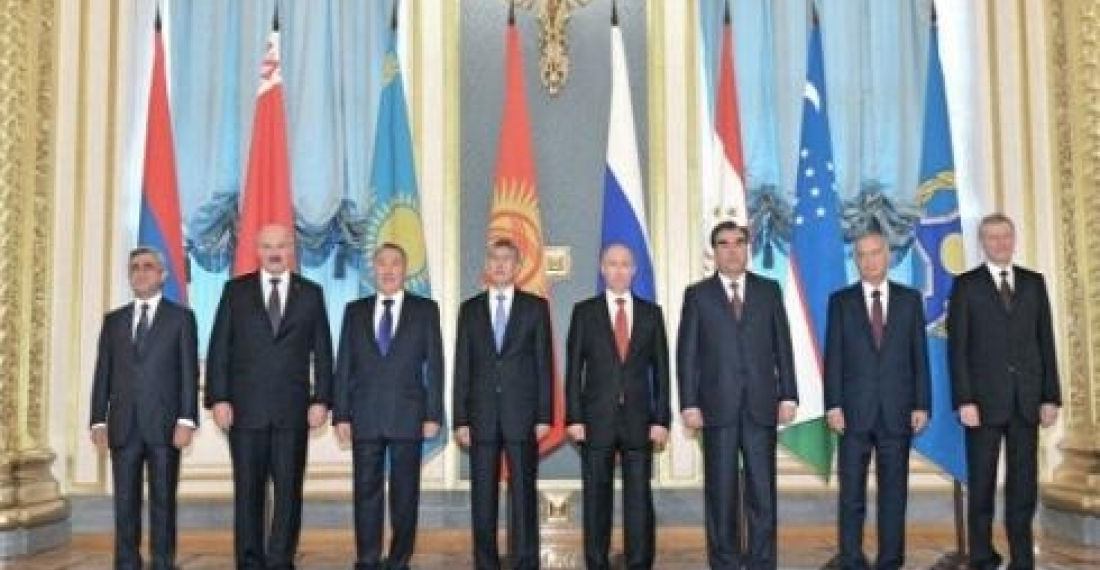Russian media sources are reporting that Uzbekistan has has left the Collective Security Treaty Organization (CSTO). The Russian Daily Kommersant first broke the story in today's (Friday 29th June) edition of the newspaper. Kommersant said that the move will likely open the way for the Uzbekistan to develop relations with the United States in the military sphere.
Uzbekistan objects to “the CSTO’s strategic plans on Afghanistan” and “plans for boosting military cooperation between the CSTO states,” Kommersant said, citing sources in the Uzbek Foreign Ministry. However it is not yet clear if there are further reasons why the Central Asian country has decided to leave the Russian led security organisation.
The remaining members of the CSTO, established in 1992, are Russia, Belarus, Armenia, Kazakhstan, Kyrgyzstan and Tajikistan.
Uzbekistan's departure from the CSTO is a set back for president Putin's plans to develop co-operation with the former Soviet Republics whilst stoping short of recreating the USSR. Earlier the Armenian government had indicated that it had no plans to join the propoised Eurasian Economic Union. Yesterday president Serzh Sargsyan of Armenia was in brussels for discussions on enhancing relations with the European Union. Armenia however remains an enthusiastic member of CSTO.
source: commonspace.eu with Kommersant and RIA Novosti
photo: Heads of State of the CSTO mnember states at one of their recent meeting.







